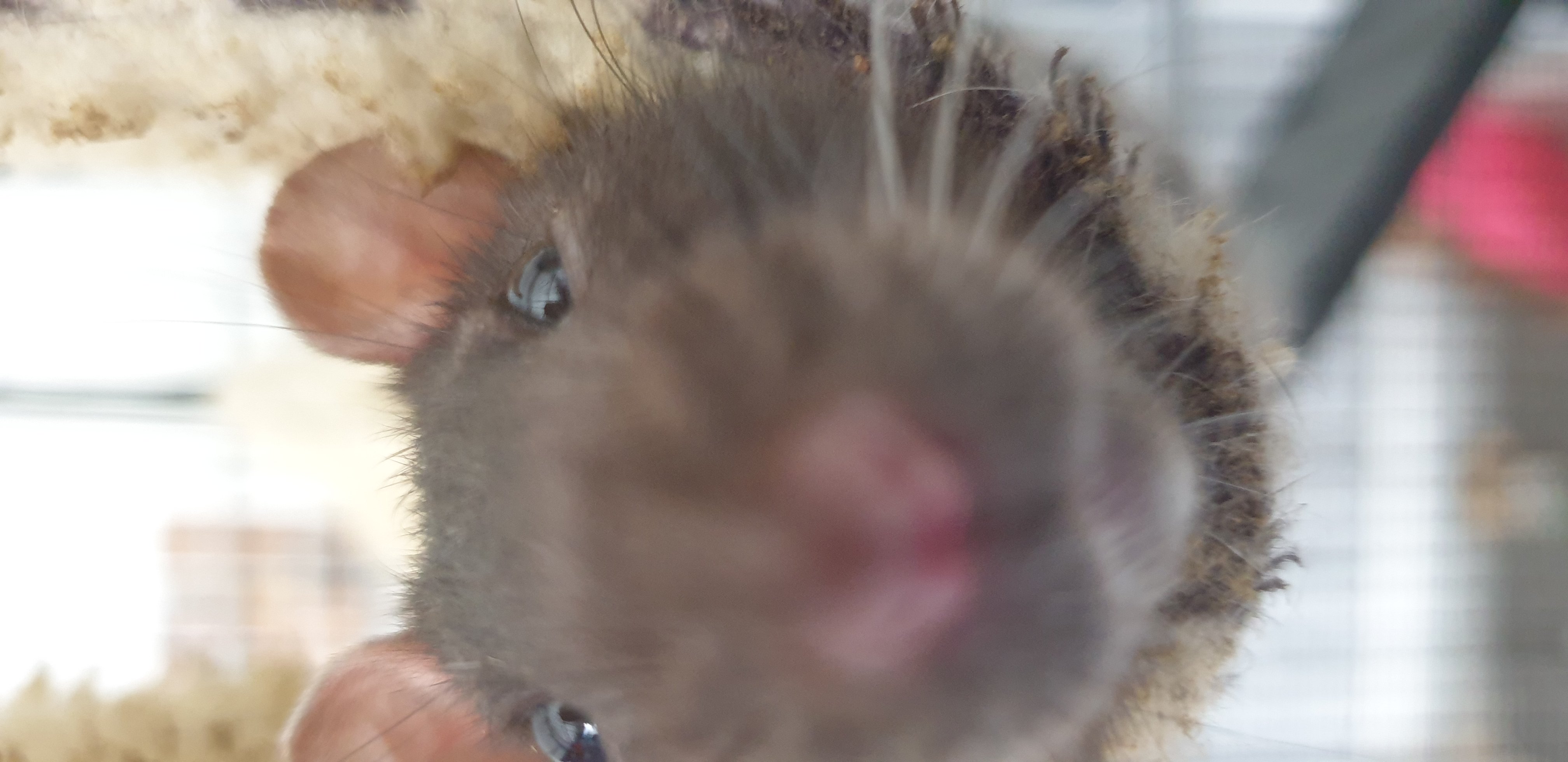

Crop rotation is a great thing but still falls within monoculture. Planting a field with only one type of thing is the definition of monoculture.
I seriously believe that cover cropping, intercropping, and examples like MonkderViete posted are the way forward - they result in higher crop yield per square foot and are more resilient in the face of climate change and pest pressure.
You should learn about the benefits of no till market gardens - they are real and they work.
















Cover cropping does not constitute monoculture when done ideally. In my personal experience with cover crops I have used multiple types of cover crop concurrently in one space.
Here is a great source on cover cropping: https://growingformarket.com/articles/cover-cropping-notill-systems
Excerpt from my source: “Rarely in nature do we see a field covered in just a couple of plant species; the natural soil care principle of maximizing diversity inspires us to do better. At Frith, we aim for at least three species in each mix, but some mixes may contain six or more.”
And I don’t think we’ll be able to keep feeding the world with our current style of agriculture, which is generally depleting soil health and setting us up for future failure. We need more people to be active or semi active in agriculture on smaller scale farms and to eat more local food.